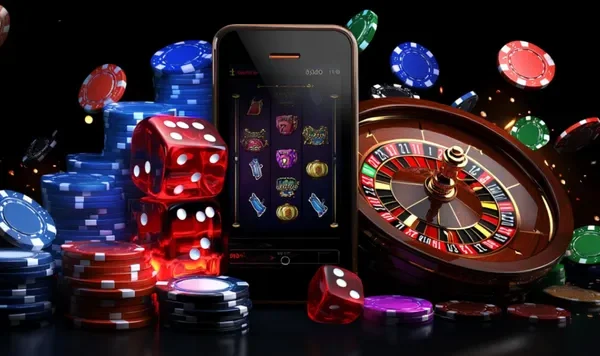You need to know when to hit in blackjack to maximize your winnings. The rules for blackjack are different in every casino, but generally speaking, it is best to hit when you have a total of 13 or higher, especially if you have a hand that has a low chance of busting. You can also hit against the dealer when you have a hand of 12 or lower. This way, you will increase your chances of beating the dealer.
In blackjack, hitting means asking the dealer for an additional card. This increases your chances of beating the dealer, but it can also lead to busting. If you hit, you should remember that hitting can lead to a bust, so don’t do it too often. Similarly, you should stand if you’re satisfied with your hand and don’t need additional cards.
There are some situations when hitting makes sense. If you have two cards totaling eight or higher, you should hit. The reason for this is that there are a lot of nine and ten-value cards in the deck, and you have a good chance of getting a good hand. Otherwise, you’re likely to bust, and your chances of making a winning hand are slim.
Another way to make a good decision is to practice your blackjack strategy. You should learn when to hit and when to stand. There are situations where hitting is the best option and when it is the worst to stand. Knowing when to stand is a critical skill in blackjack. It will help you win more often than you think.
The most basic blackjack strategy involves determining when to hit and stand. Using the right strategy will reduce the house edge to a mere 1% and increase your chances of winning. When to stand and when to hit in blackjack depends on the situation and the cards you have. You should always be aware of the rules of the game so you can make the right decision.
In basic blackjack strategy, players should consider two important factors: the number of cards the dealer has and the strength of the dealer’s hand. If the dealer has an ace, he is required to hit. If the dealer has a weak hand, you should stand. Otherwise, you should consider doubling down or standing. You should also consider the player’s upcard when deciding when to hit. This will help you make the best decisions in the long run.
If you have soft nineteen to twenty-value hands, it is best to stand. Your hand is likely to become weaker if you hit. Moreover, your chances of getting an ace or ten while hitting are very slim. If you have an ace and a pair of ten, stand and wait for the dealer to deal a high-value second card.










